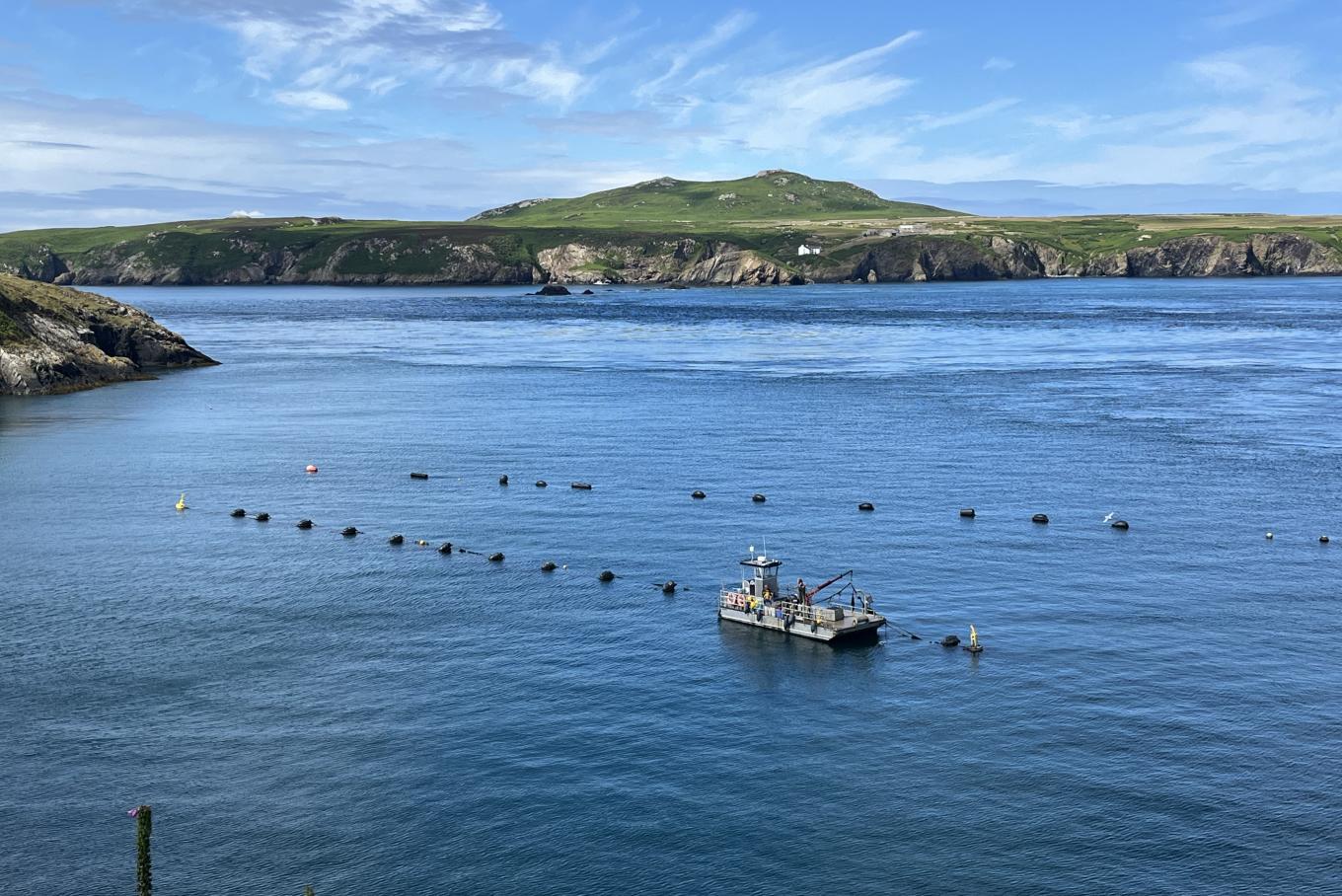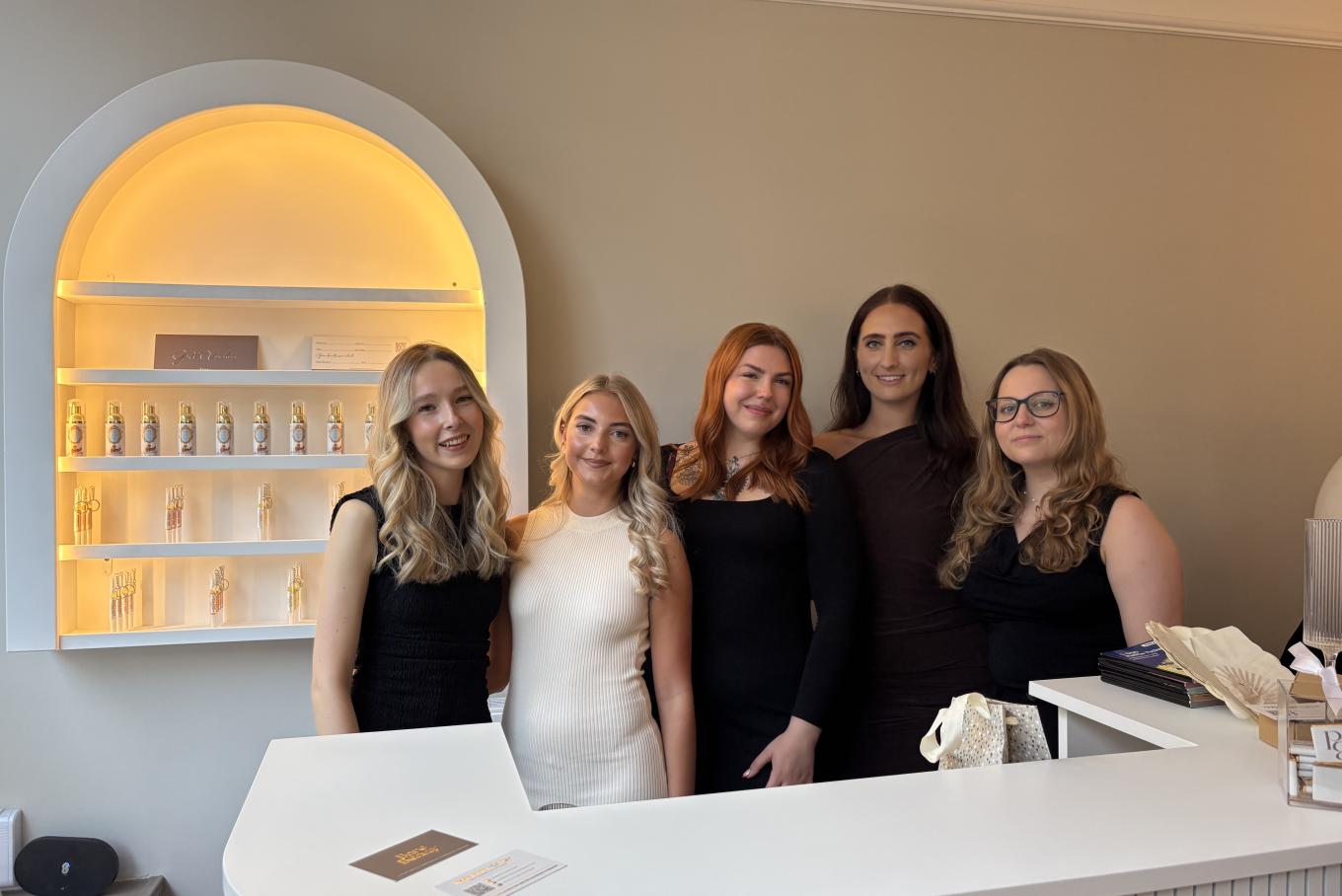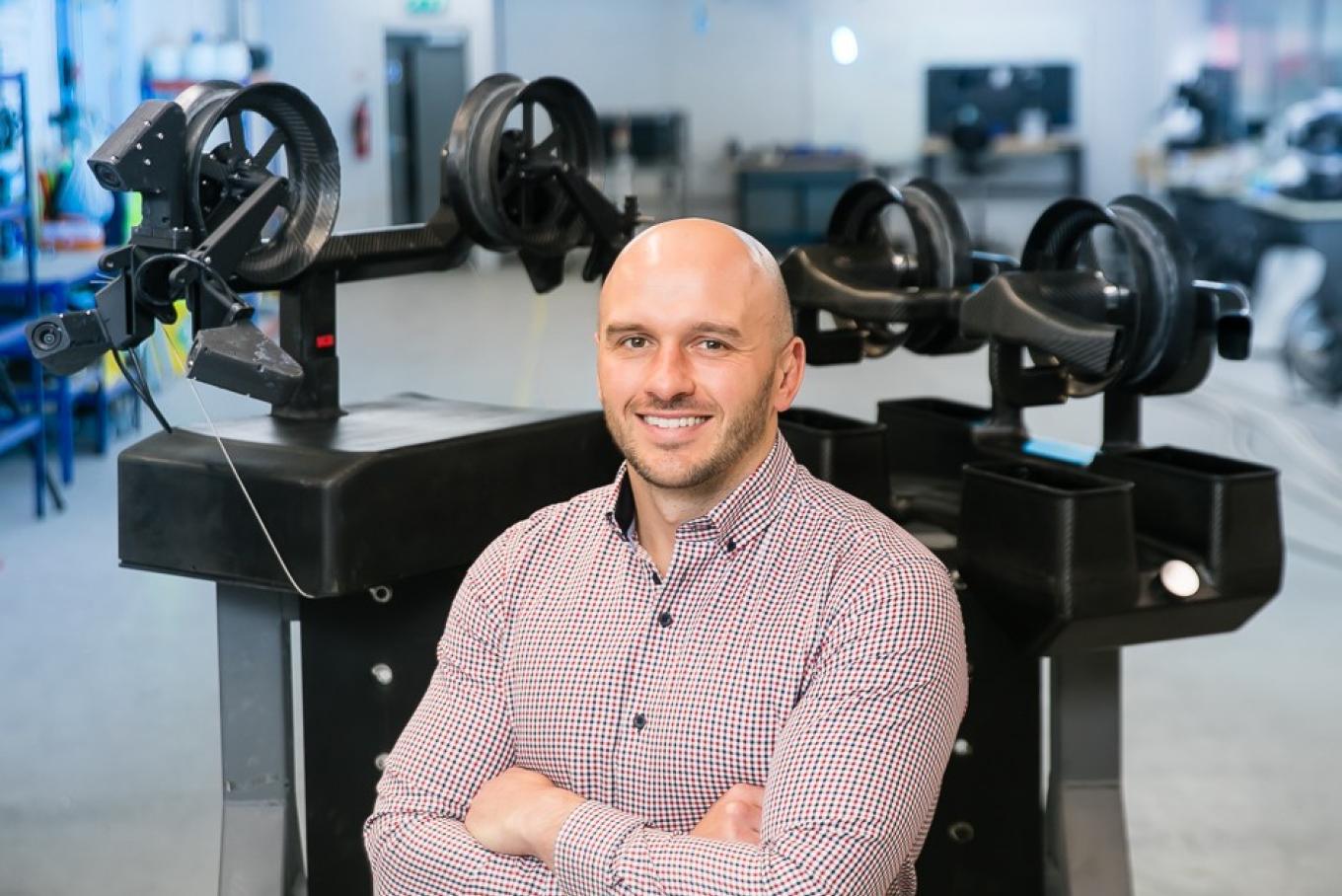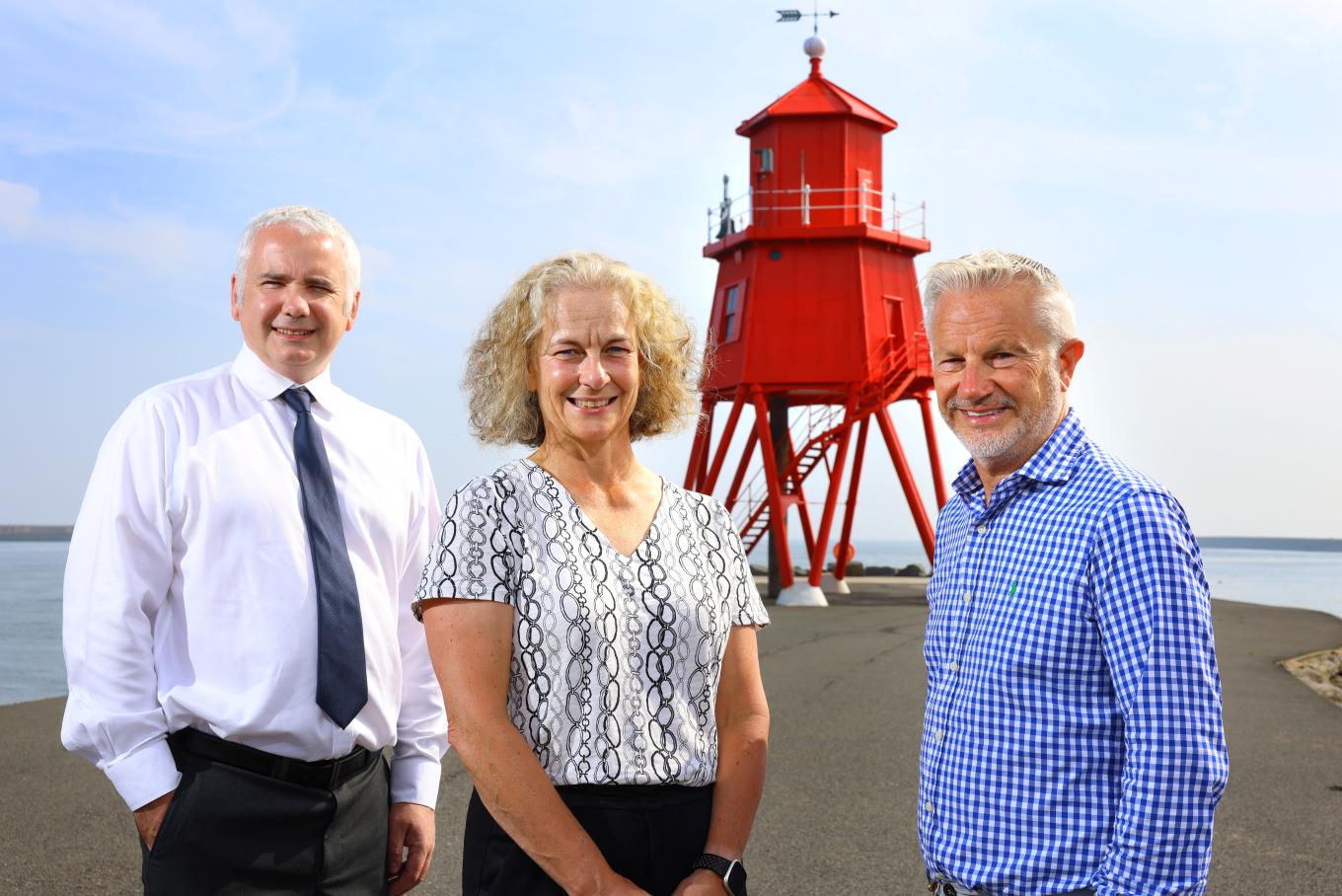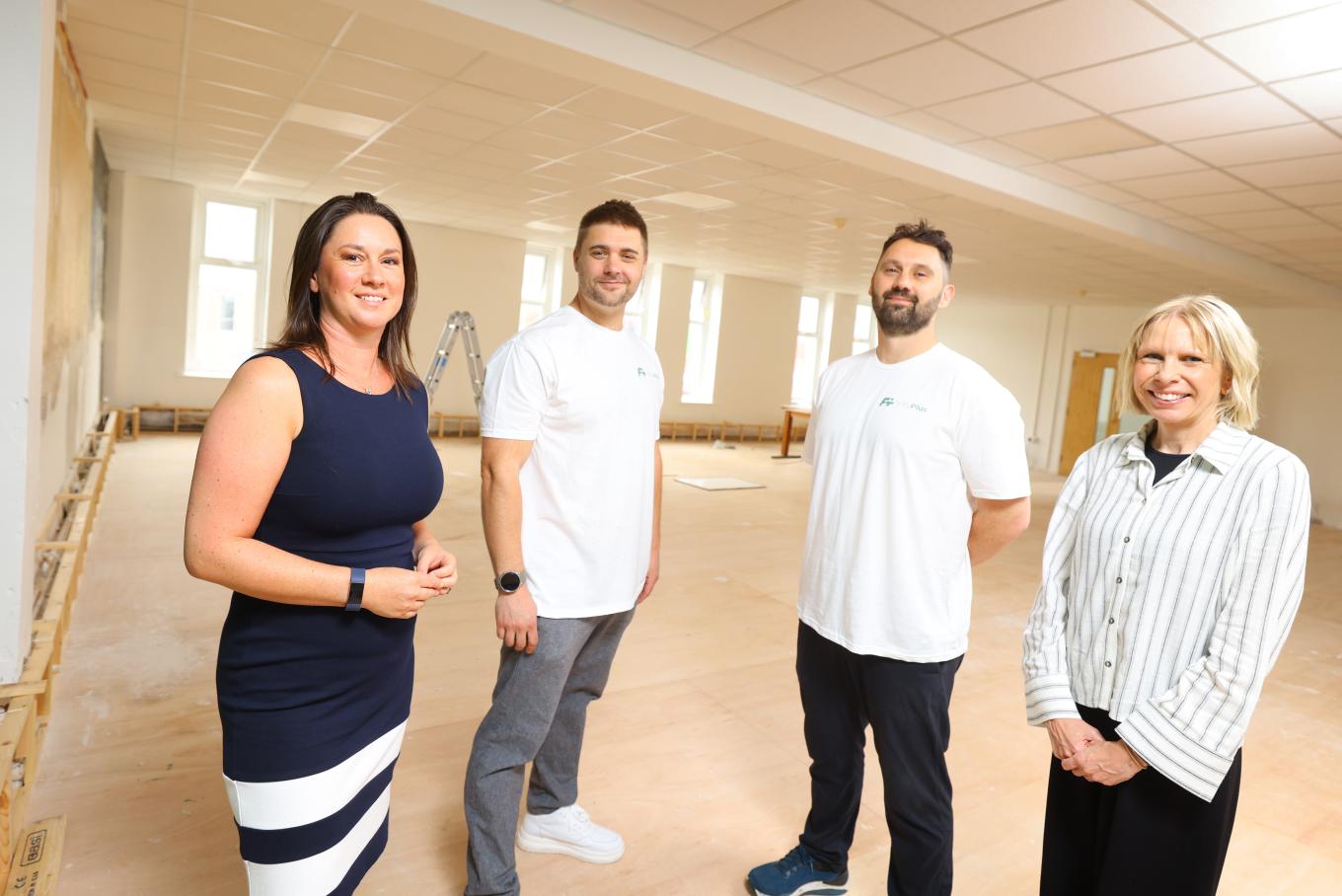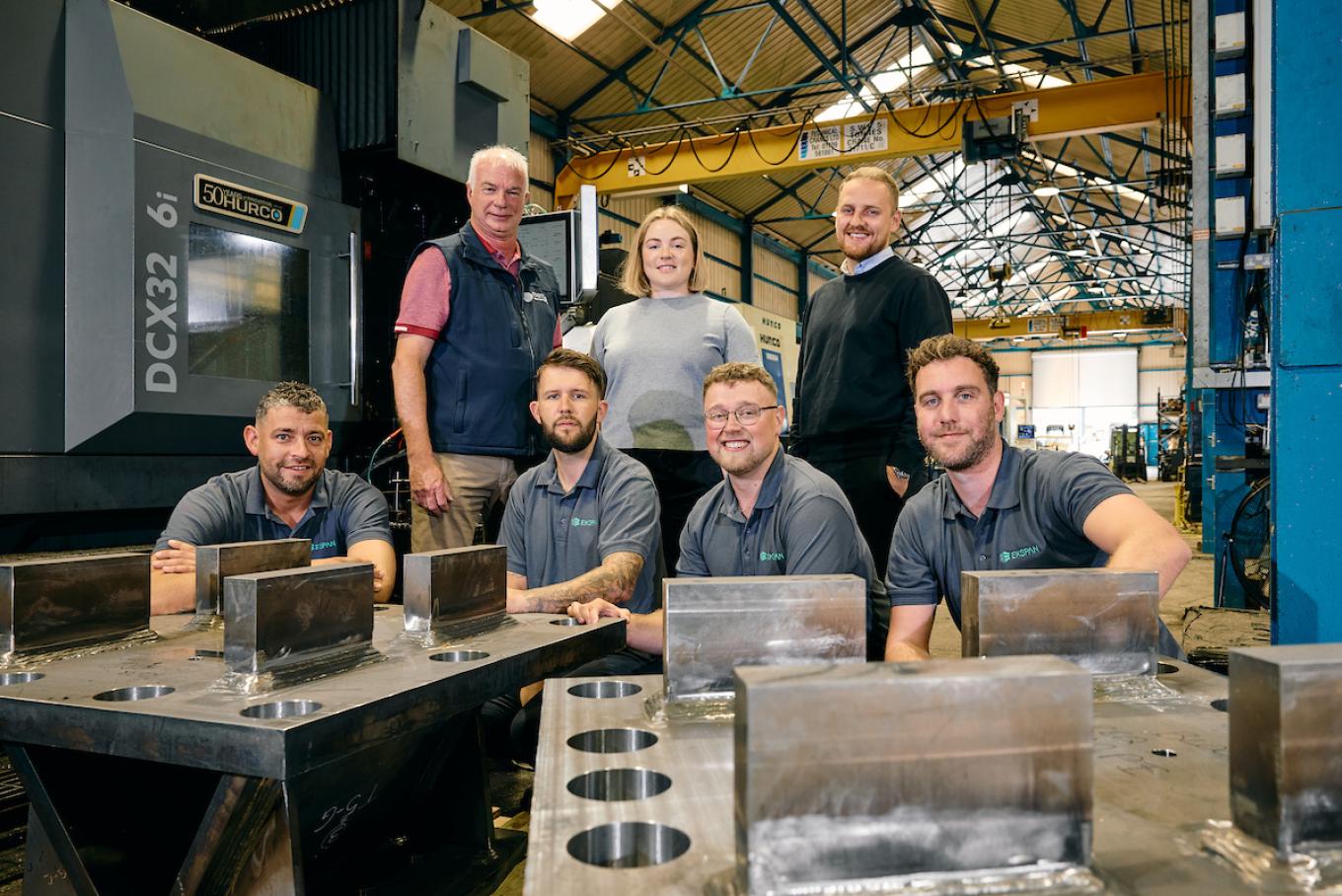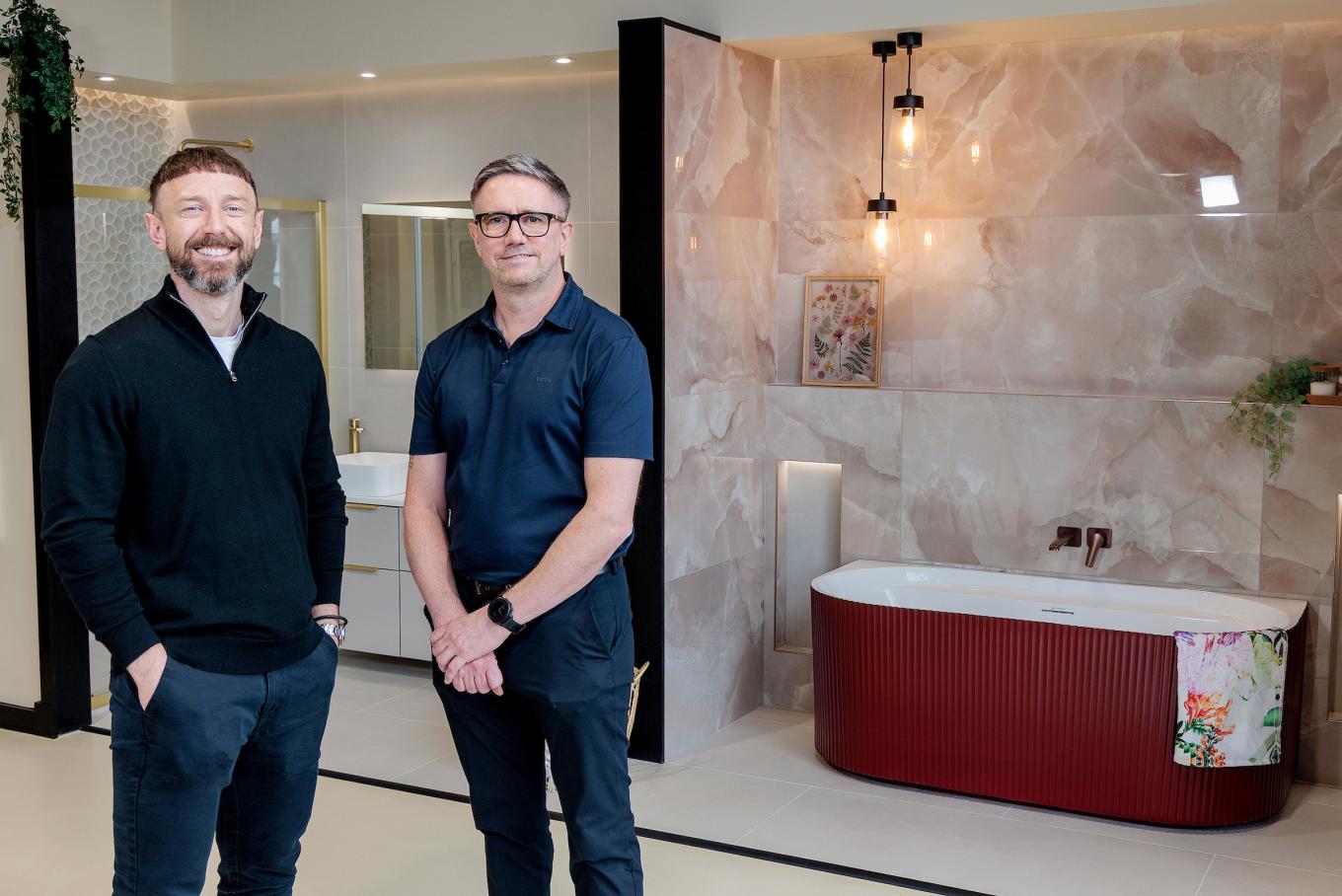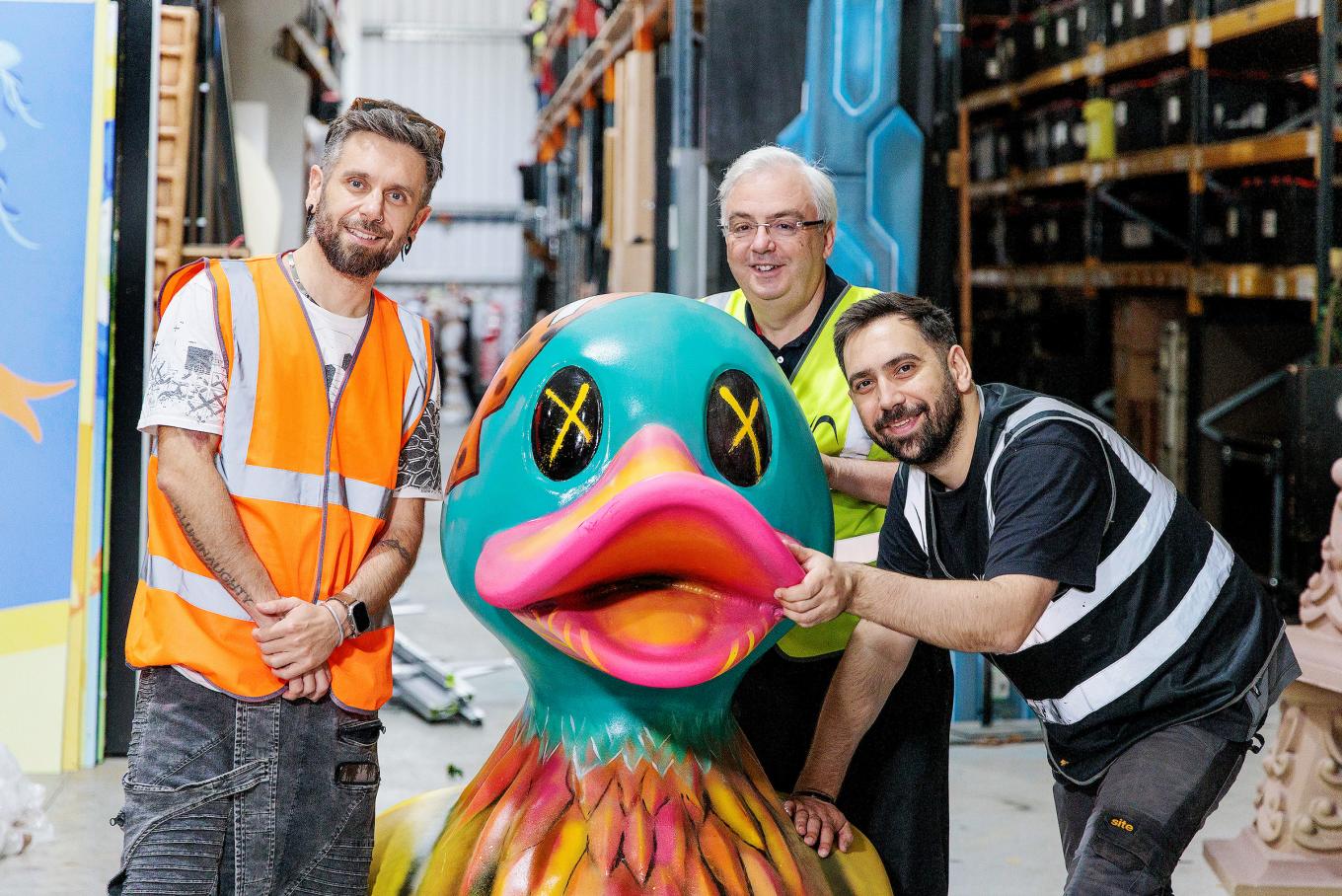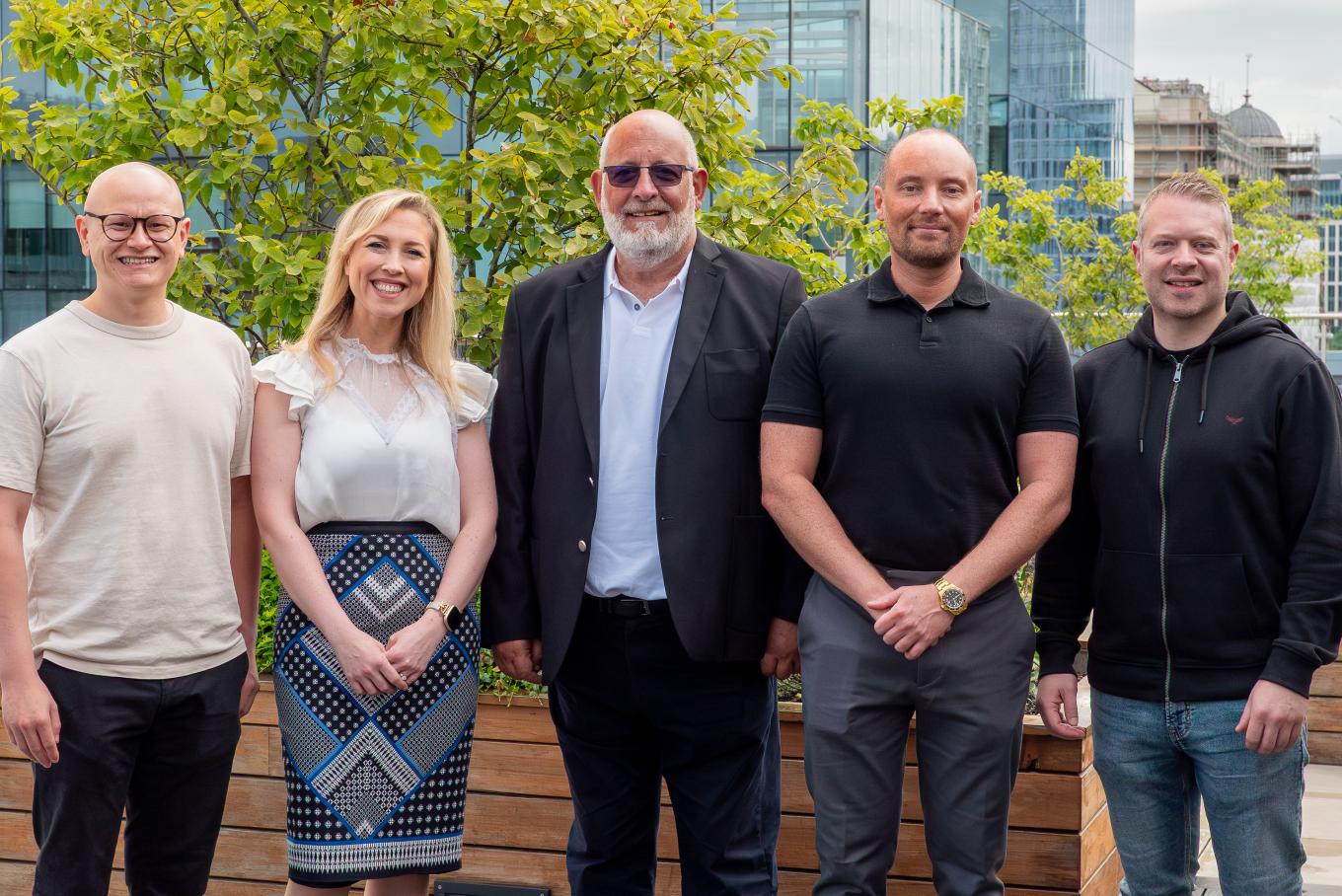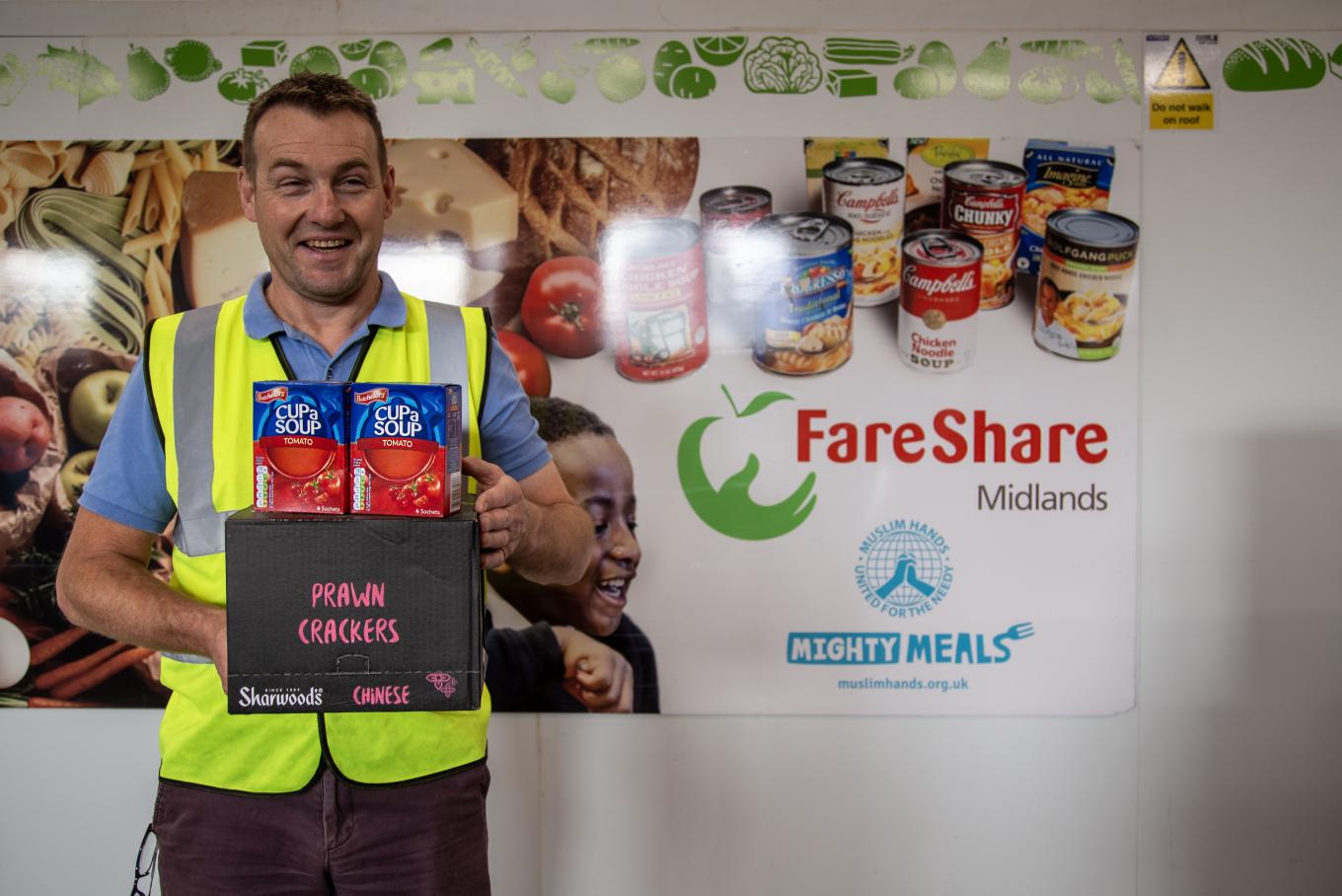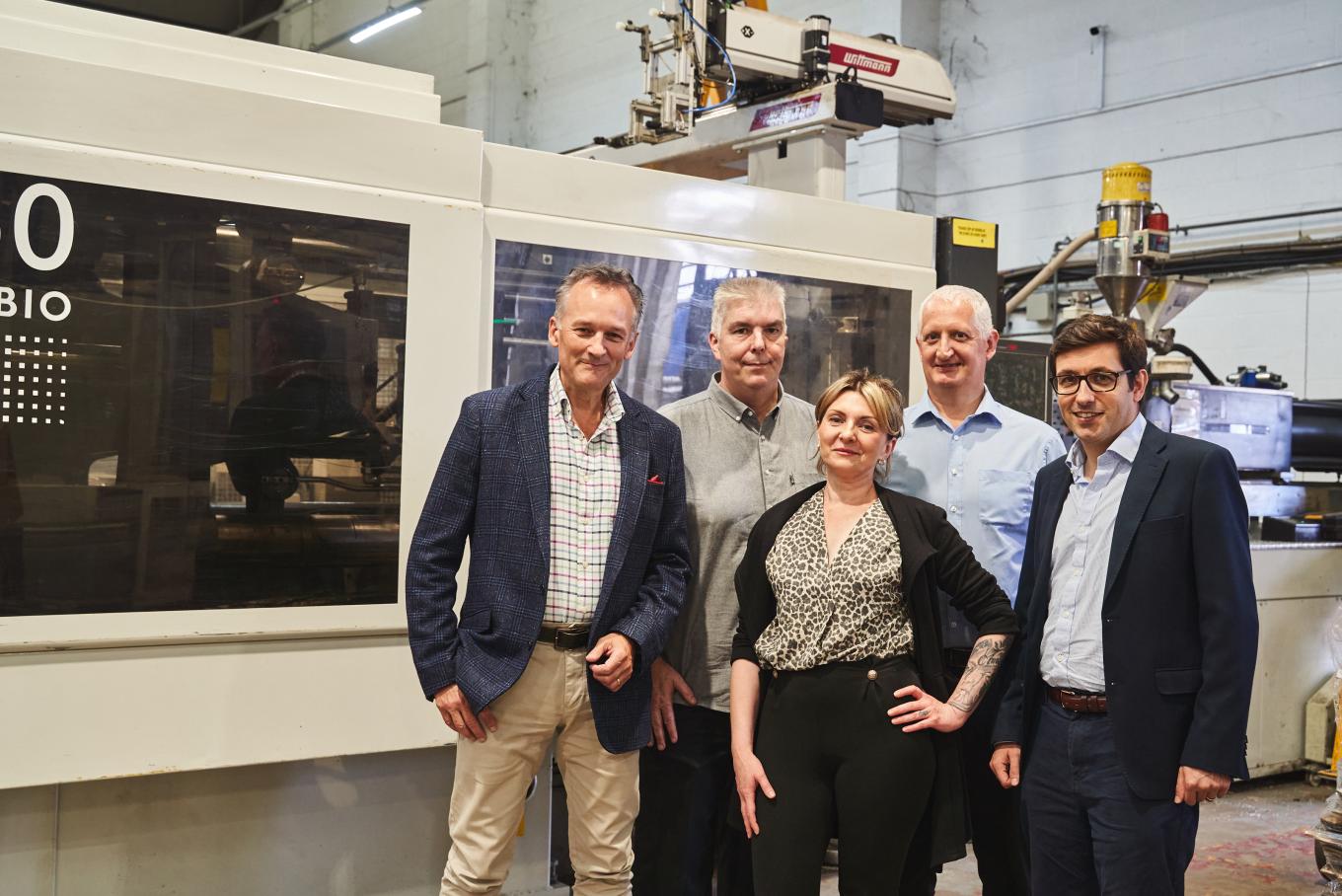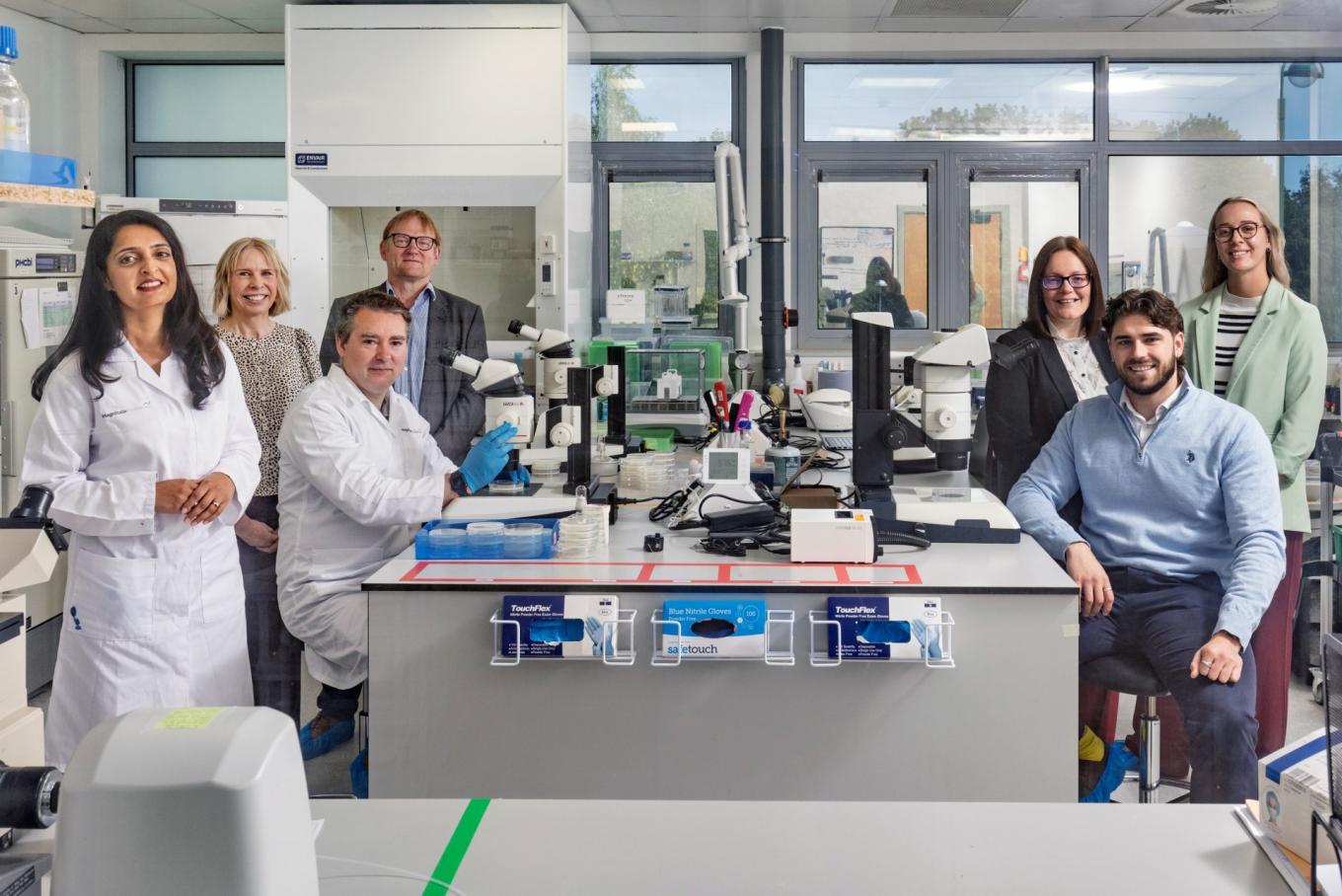10x10
13books Capital
1pm
20 week Business Accelerator Programme (Kinross)
20 week Business Accelerator Programme (Rosyth Europarc)
24 Haymarket
3M Buckley Innovation Centre (3MBIC)
50th Generation
7percent Ventures
Abbey Road Red
Aberdeen & Grampian Chamber of Commerce
Abingworth
ABN AMRO Commercial Finance
Accelerate Cambridge
Accelerate Programme
Accelerated Digital Ventures
Accelerated Digital Ventures (ADV)
Accelerator
Accelerator Academy
Accelerator London
Accelerator Wales
Access to Finance Cornwall
accuRx
Active Partners
Active PE
Ada Ventures
Adam & Co (RBS Group)
Adam & Company
Adams Street
Admiral Leasing & Loans
Advanced Propulsion Centre (APC)
Advanced Technology Innovation Centre (ATIC)
Advent Life Sciences
AIB Group (UK) plc
AIB UK
Alacrity Foundation
AlbionVC
Alderly Park Accelerator
Aldermore
Allica Bank
Alpina Partners
Amadeus Capital
American Capital
Angel CoFund
Apera Asset Management
Araya Ventures
Arbuthnot Commercial Asset Based Lending
Arbuthnot Latham
Archangels
Arkle Finance
ART Business Loans
Ashton Old Baths Innovation Centre
Assetz Capital
Aston Programme for Small Business Growth
Atempo Growth
Atlantic Bridge
Atom Bank
Atomico
Aurora Cambridge
Ayrshire Chamber of Commerce
Ayrshire Hatchery
Babraham Bioincubator/Babraham Research Campus
Balderton Capital
Bank Leumi (UK) plc
Bank Leumi (UK) plc & Leumi ABL
Bank of Ireland UK
Bank of Scotland
Barclays
Barclays Eagle Lab
Barclays Eagle Lab Cranfield
Barclays Eagle Labs
Barnsley & Rotherham Chamber of Commerce
Base, Bordon Innovation Centre
Basildon & District Local Enterprise Agency Limited
Bathtub 2 Boardroom
BBC Worldwide Labs
BCRS Business Loans Limited
Beach Point Capital Management
Beauhurst - London
Beauhurst - Nottingham
Beautiful Ideas (Salford)
Bedfordshire Chamber of Commerce
Beechbrook Capital
Belfast Hatchery
Betaden
Bethnal Green Ventures
Bettany Centre for Entrepreneurship
BFS
BG Futures Business & Enterprise Centre
BGF - Aberdeen
BGF - Belfast
BGF - Birmingham
BGF - Bristol
BGF - Cambridge
BGF - Cardiff
BGF - Cork
BGF - Dublin
BGF - Edinburgh
BGF - Leeds
BGF - London
BGF - Manchaster
BGF - Newcastle
BGF - Nottingham
BGF - Reading
BGF Ventures
Bicester Innovation Centre
Big Issue Invest
Binit
BioCity Accelerator Programme
Biocity Nottingham
BioData Innovation Centre
Biostars
Birmingham Hatchery
Biz Britain
BizzInn Business Incubator
Black Country Chamber of Commerce
Black Country Local Enterprise Partnership
BLG Development Finance
BMW Innovation Lab 2016
Boost Business Lancashire
Bootstrap Europe
Bootstrap Europe II
Bpifrance
Bracknell Enterprise & Innovation Hub
Breed Reply
Bridge Innovation Centre
Bright Red Triangle
Brighton Hatchery
Brightwell
Bristol Hatchery
British Business Investments
British Patient Capital
BRL Technology Business Incubator
BSc Business Enterprise (BBE) Venture Creation Programme
BTPS
Buckinghamshire Business First
Buckinghamshire Thames Valley Local Enterprise Partnership
Business & Enterprise Finance Ltd (BEF)
Business Enterprise Fund
Business Finance Partnership
Business for London
Business Incubation Centre
Business Innovation Zone
Business Lincolnshire
Business Start Up Hot House Programme
Business West Chambers of Commerce
BVCA
C4DI – Centre for Digital Innovation
Cabot Square Capital
Calverton Finance
Cambridge & Counties Bank
Cambridge G&N Devices
Cambridge Innovation Capital
Cambridge Social Ventures
Cambridgeshire Chambers of Commerce
Canopy Exeter
Capital One Growth Labs
Cardiff Hatchery
Cardiff Medicentre
Cassa depositi e prestiti
Catapult Ventures
Catfoss Finance
Catfoss Finance
Centre for Engineering & Manufacturing Excellence (CEME)
Centre for Nanohealth (Incubator)
Centre for Secure Information Technologies (CSIT) Labs
Chambers Wales South , South West and Mid
Charnwood Campus
Cherwell Innovation Centre
Cheshire and Warrington Growth Hub
Cheshire and Warrington Local Enterprise Partnership
Circle Square Manchester
Cirencester Growth Hub
City Ventures Launch Lab
Clarendon Fund Managers
Claret Capital Partners
Clicksco
Climate-KIC Accelerator Programme (Birmingham)
Climate-KIC Accelerator Programme (London)
Close Brothers
CloudNC
Clydesdale Bank
Coast to Capital
Coast to Capital Growth Hub
CodeBase
Colbea
Collider
Columbia Lake Partners
Compass Business Finance
Concept Ventures
Concept Ventures
Conister
Connect Derby
Connect Ventures
Connect Ventures
Cornwall and Isles of Scilly Growth Hub
Cornwall and Isles of Scilly Investment Fund (CIOSIF)
Cornwall and Isles of Scilly Local Enterprise Partnership (CIoS LEP)
Cornwall Chamber of Commerce
Cornwall Innovation
County Finance Group
Coutts Bank
Coventry & Warwickshire Chamber of Commerce
Coventry & Warwickshire Reinvestment Trust
Coventry and Warwickshire LEP
CQS
Crane
Cranfield University Business Incubation Centre (CUBIC)
Creative England
Creative Enterprise - Start-up programme
Creative Growth Finance
Creative industries Federation
CRL Hardware Accelerator
CrowdProperty
Culham Innovation Centre
Culham Science Centre
Cumbria Chamber of Commerce
Cumbria Growth Hub
Cumbria Local Enterprise Partnership
Curve Therapeutics
CWLEP Growth Hub
CWRT - Coventry & Warwickshire Investment Trust
CyberSmart
CyLon
Cynergy Bank
D2N2 (Derby, Derbyshire, Nottingham, Nottinghamshire)
D2N2 Growth Hub
Danske Bank (Northern Ireland)
Dawn Capital
Deep Science Ventures
Deepbridge
Deeptech Labs
Dementia Discovery Fund
Design Council Spark
Devon & Plymouth Chamber of Commerce
DF Capital
DigitalHealth.London Accelerator
Disruptive Capital Finance
Distill Ventures
Diversity VC
Dock Leicester
Doncaster Chamber of Commerce
Dorset Chamber of Commerce and Industry
Dorset Growth Hub
Dorset LEP
Dotforge Impact (Leeds)
Dotforge Impact (Manchester)
Dotforge Impact (Sheffield)
Dow Schofield Watts Angels
Drive (The Startup Accelerator from Belron)
Drugstore Retail Lab
DSL
DSL Business Finance
DSW Ventures
Dundee and Angus Chamber of Commerce
Dundee University Incubator
DunPort Capital Management
e4f.Incubator
Earlybird Venture Capital
East Lancashire Chamber of Commerce
East Midlands Chamber of Commerce (Derbyshire, Nottinghamshire, Leicestershire)
Ebury
Echo++
EcoMachines Incubator
EDBS
EDEAL
EDF Blue Lab
Edge Investments
Edinburgh Chamber of Commerce
Edinburgh Hatchery
Edinburgh Research and Innovation
Edtech Incubator
Eka Ventures
Elbow Beach
Elevator Accelerator Programme
Elvingston Science Centre
Empirical Ventures
Energy Systems Catapult
Engine Shed
Enterprise and Innovation Hub
Enterprise Answers
Enterprise Campus programme
Enterprise Centre
Enterprise Exchange
Enterprise Hub
Enterprise M3 Growth Hub
Enterprise Made Simple
Enterprise Nation
Enterprise Northern Ireland (ENI)
Enterprise Place
Enterprise Support Alliance Limited
Entrepreneur First
Entrepreneurship Institute: King's20 accelerator
EOS
Epidarex Capital
Episode1 Ventures
Epsilogen
Erewash Partnership Road
Essex Chambers of Commerce
ETF Partners
Eurazeo
European Capital
European Capital Debt Management
European Institute for Entrepreneurship Accelerator Programme
European Investment Fund
European Marine Science Park
European Space Agency (ESA) Business Incubation Centre Harwell
Evolution Equity Partners
Evolve Derby
Excelerate Labs
Exeter City Futures
Fareham Innovation Centre
Federated Hermes
Fiduciam
Fife Chamber of Commerce
Finance For Enterprise Limited
Finance Innovation Lab Fellowship
Finance Yorkshire
Finch Capital
Finch Capital
FinTech Innovation Lab
First Bourne
First Enterprise
First Trust Bank (Northern Ireland)
Focus Enterprise Hubs
FOLK 2 FOLK
Foresight Group
Form Ventures
Form3
Formation Zone (Falmouth)
Formation Zone (London)
Formation Zone (Plymouth)
Formation Zone (Redruth)
Formation Zone (Truro)
FORWARD Accelerator, Birmingham Enterprise Community
Founder Institute
FPE Capital
Frog Capital
Frontier Development Capital
FSE Group
Funding Circle
Future Fund
FW Capital
GC Business Finance
GC Business Growth Hub
GCHQ Accelerator
General Wayra Call
Genesis - Cudworth
Genesis - Wilthorpe
Genesis Asset Finance
Geovation
GFirst LEP
Glasgow Chamber of Commerce
Glasgow Hatchery
Gloucester Growth Hub
Goldman Sachs
Good Ideas Academy
Gousto
Granta Park
Greater Birmingham and Solihull Local Enterprise Partnership
Greater Birmingham and Solihull Local Enterprise Partnership Growth Hub
Greater Birmingham Chambers of Commerce
Greater Lincolnshire Local Enterprise Partnership
Greater Manchester Chamber of Commerce
Greater Manchester Local Enterprise Partnership
Green Angel Ventures
Grey Wolf Therapeutics
Grocery Accelerator
Growth Builder
Growth Capital Partners
Growth Hub Swindon and Wiltshire LEP
Growth Lending
Growth Platform Liverpool City region
Guildhall Creative Entrepreneurs
Haatch
Hampshire Chamber of Commerce
Hampshire Trust Bank
Hangar 51
Harbert European Growth Capital
Harbert Management Corporation
Harborough Innovation Centre
Harwell Innovation Centre
Harwood Capital Management Group
Harwood Private Capital
Hatch Accelerator
Hatch Incubator
Haydock Finance Limited
Hayes Business Studios
Health and Wellbeing Innovation Centre
Health Foundry
Health Social Innovators
Healthbox
Heart of the South West Growth Hub
Henley Start-up Business Incubator
Henry Howard Finance Group
Herefordshire & Worcestershire Chamber of Commerce
Hermes GPE
Hermes Investment Management
Hertfordshire Chamber of Commerce
Hertfordshire Growth Hub
Hertfordshire Local Enterprise Partnership
Herts University Incubator
Hethel Innovation
High Growth Centre
Hitachi Capital Business Finance
Homes England
How's Business
Hoxton Ventures
HSBC
HTB
Hub 8
Hub for Innovation and Enterprise
Hull & Humber Chamber of Commerce
Humber Business Growth Hub
Humber Local Enterprise Partnership
Hwyl Hub
Hyndburn Enterprise Trust Limited T/A Business & Enterprise Trust
i-SE - Women's Enterprise Hub (Digbeth)
i-SE - Women's Enterprise Hub (Sparkbrook)
ICAEW
ICE Accelerator
Iceotope
IDEALondon
Ideas Factory Incubation Centre
Ideas Fund
Ignite Accelerator (Edinburgh)
Ignite Accelerator (London)
Ignite Accelerator (Manchester)
Ignite Accelerator (Newcastle)
ignite incubator, Binley Innovation Centre
ignite incubator, The Venture Centre
ignite incubator, Warwick Innovation Centre
IMAGINE IF! (Cambridge)
IMAGINE IF! (London)
IMAGINE IF! (Oxford)
IMAGINE IF! (Stevenage)
Imbiba
Imperial College Incubator
Imperial College White City Incubator
Incuator Programme
IncuHive
Independent Growth Finance
Ingenuity Gateway
Innovate UK Belfast
Innovate UK Birmingham
Innovate UK Bradford
Innovate UK Bristol
Innovate UK Cambridge
Innovate UK Cheshire
Innovate UK Chesterfield
Innovate UK Edge Belfast
Innovate UK Edge Birmingham
Innovate UK Edge Bradford
Innovate UK Edge Bristol
Innovate UK Edge Cambridge
Innovate UK Edge Cheshire
Innovate UK Edge Chesterfield
Innovate UK Edge London
Innovate UK Edge Oxford
Innovate UK Edge South Wales
Innovate UK Edge Sunderland
Innovate UK London
Innovate UK Oxford
Innovate UK South Wales
Innovate UK Sunderland
Innovation Birmingham
Innovation Factory
Innovation Martlesham Incubator Facility
Innovation Programme
InnovationRCA
InnovFin
Inspire Biz
Institute of Life Science (Incubator)
Instituto de Credito Oficial
InsurTech Gateway
Interbay Asset Finance
Inverness Chamber of Commerce
Investec
IQ Capital
Isle of Wight Chamber of Commerce
Isomer Capital
IWOCA
JamJar Investments
JCB Finance Ltd
JD Works 2017
JLAB
Joe White
John Cracknell Youth Enterprise Bank
Keele University Smart Innovation Hub
Kennet
Kent Invicta Chamber of Commerce
Kester Capital
KfW Group
Kindred
Kingsway Asset Finance Ltd
Knowledge Gateway
Kroto Innovation Centre
Lancashire Enterprise Partnership
Lancashire Growth Hub
Lancaster University
Lansdowne
Launch22 (London)
Launchpad Falmouth
LCR Finance Hub
LDF
LE Capital
Leeds City Region Enterprise Partnership
Leeds Hatchery
Leicester and Leicestershire Enterprise Partnership
Leicester Innovation Hub
LendingCrowd
LendInvest
Let's Do Business Finance
Leumi ABL Limited
Leumi UK
Level39
LGT Capital Partners
Liberty Leasing
Life Beacon International
Life Science Innovation Incubator
Lincoln Science and Innovation Park
Lincolnshire Chamber of Commerce
Liverpool & Sefton Chambers of Commerce
Liverpool Life Sciences Accelerator
LLEP Growth Hub Business Gateway
Lloyds Bank
London BioScience Innovation Centre (LBIC)
London Business School Incubator
London Chamber of Commerce and Industry
London Cleantech Cluster
London Distro Dojo
London Growth Hub
London Stock Exchange Group (LSEG)
Londoneast -UK Business and Technology Park
Longwall Ventures
Loughborough Enterprises
LSBU Rocket Accelerator
M&G Investments
M-SParc
Magdalen Centre
Malvern Hills Science Park
Manchester Hatchery
Mansfield i-Centre
Manufacturing Technology Centre (MTC)
Marathon Labs
Marches Centre of Manufacturing & Technology (MCMT)
Marches Growth Hub - Hereford
Marches Growth Hub - Shrewsbury
Marches Growth Hub - Telford
Marine Robotics Innovation Centre Hub
Mass Challenge UK
Maven Capital Partners
Maxion
MediCity Nottingham
MediCity Scotland
MedTech Incubator
MENTA (Mid Anglian Enterprise Agency Limited)
Merchant Money
Mercia Asset Management
Mercia Fund Management
Mercuri
MerseyBIO Business Incubator
Metro Bank
Microbiotica
Microsoft Accelerator
Mid Yorkshire Chamber of Commerce and Industry
Midlands Engine Investment Fund (MEIF)
Midven
Milton Keynes Hatchery
MMC Ventures
MML Growth Capital Partners Ireland
Mobeus
Molten Ventures Plc
Momenta Finance
Momentum
Momentum- Business Incubator
MSIF - Merseyside Special Investment Fund
Mubadala Investment Company
MVM Partners
My Incubator (Potters Bar)
My Incubator (Stevenage)
My Incubator (Ware)
My Incubator (Watford)
Myricx Bio
National Association of Commercial Finance Brokers (NACFB)
NatWest
NatWest Entrepreneur Accelerator
NatWest Entrepreneur Accelerator Milton Keynes
NatWest Entrepreneur Hub
Nauta Capital
NEL Fund Managers
Nest
New Anglia Growth Hub
New Anglia Local Enterprise Partnership
Newable
Newable working with UMI
Newark Beacon
Newcastle Bio Incubator
Newcastle Hatchery
NHS Innovation Accelerator
Norfolk and Waveney Enterprise Services (NWES)
Norfolk Chambers of Commerce
North & Western Lancashire Chamber of Commerce
North East Business and Innovation Centre
North East England Chamber of Commerce
North East Finance
North East Growth Hub
North East Local Enterprise Partnership
North East Space Incubation Programme - by Business Durham
North of England Life Science Accelerator
North West Business Finance Road
Northamptonshire Chamber of Commerce (incorporating Milton Keynes Chamber)
Northern Gritstone
Northern Ireland Chamber of Commerce and Industry
Northern Powerhouse Investment Fund
Northumberland Business Service Limited
Norwich Research Park Accelerator
Notion Capital
Novuna Business Cash Flow
Novuna Business Finance
NoWFOOD Centre
NTU Enterprise
Nuclear Liabilities Fund (NLF)
Nucleome Therapeutics
Nuclera
Nucleus Business & Innovation Centre
Nucleus Commercial Finance
NVM Private Equity
OakNorth Bank
Ocean Village Innovation Centre
ODI Startup Accelerator (Leeds)
ODI Startup Accelerator (London)
Oliver Wyman
OMass Therapeutics
One St. Aldates
OpTIC Space Industry Incubation Programme
Oracle Startup Cloud Accelerator - Bristol
Origin
Osney Capital
Outward VC
Oxbury Bank
Oxford Centre for Innovation
Oxford Investment Consultants
Oxford Quantum Circuits
Oxford Science Enterprises
Oxford Startup Incubator
Oxfordshire Local Enterprise Partnership (OxLEP) Growth Hub
Oxfordshire Local Enterprise Partnershup (OxLEP)
Oxx
Oxygen Accelerator
Palatine Growth Credit
Panoramic Growth Equity
Par Equity
Paragon Bank
Paragraf
Partech
Passion Capital
Pentech
Performance Finance
Perspectum
PetriBox
Phagenesis
Pi Labs Accelerator
Pioneer 10
PNE Group (Project North East)
Porton Science Park
Portsmouth Technopole
Praetura Asset Finance
Praetura Ventures
PragmatIC
Prefequity
Prime Ventures
Propel Finance
Proving Factory
Proximie
Purespring
Purple Shoots
Quantexa
Quantum Motion
Queen Mary BioEnterprises Innovation Centre
Quell
Rabble Studio
Rain Cloud Victoria
RAU Farm491
Red Bull Amplifier
Redrice
Relendex
Renfrewshire Chamber of Commerce
Retford Enterprise Centre
Revaia
RGU Incubator
Ricoh Ignite
RIFT Social Enterprise
River Capital
Riverside Innovation Centre
RM Funds
Robert Owen Community Banking
Roslin BioCentre
Roslin Innovation Centre
Rothamsted Centre for Research and Enterprise
Royal Bank of Scotland
Rural Asset Finance
Salica Investments
Santander
Scale Up Institute
Scania Financial Services
Sci-Tech Daresbury
Science Creates Ventures (SCV)
Scott Bader Innovation Centre
Scottish Equity Partners
Scottish Microelctronics Centre
Searchcamp
Secure Trust Bank
Seed Haus
Seedbed Accelerator
Seedcamp
Seedcloud
SEMLEP's Growth Hub
Sensor City
Seraphim Capital
Serendip
Serious Impact - Accelerator (Peterborough)
SETsquared (Bath)
SETsquared (Bristol)
SETsquared (Exeter)
SETsquared (Southampton)
SETsquared (Surrey)
Shard Capital
Shawbrook Bank
Sheffield Bioincubator - USi
Sheffield Chamber of Commerce and Industry
Sheffield City Region
Sheffield City Region Growth Hub
Shire Leasing
Shropshire Chamber of Commerce
Signpost 2 grow
Simply Asset Finance
Sirius
Skipton Business Finance
Skylon Park
Small Business Equity Tracker
Social Investment Business (SIB) group
Social Investment Scotland
Solent Growth Hub
Solent Local Enterprise Partnership
Somerset Business Agency CIC (SBA)
Somerset Chamber of Commerce
South Cheshire Chamber of Commerce and Industry
South East Business Hub - East Sussex
South East Business Hub - Essex Southend Thurrock
South East Business Hub - Kent Medway
South East Local Enterprise Partnership
South East Midlands Local Enterprise Partnership
South West Investment Fund
South West Investment Group (SWIG)
SPACE at Hoo Farm
SPACE at Hoo Farm (Finepoint Way)
Space Incubator
Space TEC
SPARK Business Incubation Centre
Sparkhouse
Spin-Up Factory
Sporting Chance Initiative
SPRK Capital
St Helens Chamber
St Johns Innovation Centre
Staffordshire BIC
Staffordshire Chamber of Commerce & Industry
Staffordshire Chambers of Commerce & Industry Limited
STANTA (St Albans Enterprise Agency Limited)
Starling Bank
Start Up Loans
Start. Biz
Startplanet NI
StartUp Croydon
Startup Funding Club
Startup Stiwdio
Startupbootcamp Fintech
Startupbootcamp InsurTech
StartupBootCamp IOT | Connected Devices London
STEAM Incubator
STEAMHouse
Stevenage BioCatalyst
Stockport Business & Innovation Centre
Stoke-on-Trent and Staffordshire Enterprise Partnership
Stoke-on-Trent and Staffordshire Growth Hub
Stowmarket innovation Lab
Strathclyde University Incubator
Strathclyde University Incubator
Strawberry Fields Digital Hub Chorley
Suffolk Chamber of Commerce
SuperSeed
Sure Valley Ventures
Surrey Chambers of Commerce
Surrey Research Park
Surrey Space Incubator
Sussex Chamber of Commerce
Sussex Innovation Centre
Sussex Innovation Croydon
Sussex Place Ventures
SV Health Investors
Swindon and Wiltshire Local Enterprise Partnership
Syndicate Room
Tech Manchester
TechHub Swansea
TechNation
Techstars London
TEDCO Business Support Limited
Tees Valley Business
Tees Valley Combined Authority
Tenpoint Therapeutics
Tewkesbury Growth Hub
Thames Valley Berkshire Business Growth Hub
Thames Valley Berkshire Local Enterprise Partnership
Thames Valley Chamber of Commerce Group
The Accelerator
The Bakery
The Barclays Accelerator powered by Techstar
The Base
The BioHub Birmingham
The Birmingham Skills for Enterprise and Employability Network (BSEEN)
The Black Country Growth Hub
The Bradfield Centre
The British Business Bank and Asset Finance
The Business Board, Cambridgeshire and Peterborough Combined Authority
The Co-operative Bank
The Crucible Project
The Custard Factory
The Dryden Enterprise Centre (DEC)
The Enterprise Network
The Enterprise Network (Salisbury)
The Enterprise Network (Trowbridge)
The Enterprise Network (Wiltshire)
The Enterprise Team - The Duke of York Young Entrepreneur Centre
The Food Foundry
The Higgs Centre for Innovation
The Hub
The Industrial Strategy
The Ingenuity Lab
The Innovation Centre
The Kiln
The King'sTrust
The Landing
The Leeds Accelerator
The Liverpool City Region LEP
The Local Enterprise Partnership for London
The Marches Local Enterprise Partnership
The Nova Centre
The ScaleUp Institute
The Studio
The Tontine
The Unilever Foundry / Unilever Ventures
Thena Capital
ThinCats
Thought Machine
Time Finance
Tokamak Energy
Top Tier Capital Partners LLC
Tosca Debt Capital
Tosca Debt Capital
Tower Leasing
Tramshed Tech
Transmit Start-Ups Limited
Transport for Wales Innovation Programme
Tremough Innovation Centre
Triodos Bank
Triple Point
TrueStart
Twin Path Ventures
UBC Halifax
UCL BaseKX
UCL Business
UCL Innovation & Enterprise
UCL Technology Fund
UCL – London’s Global University
UHatch
UK Crowdfunding Association
UK Export Finance
UK Finance
UK Future Technologies Fund
UK Research and Innovation (UKRI)
UKBAA
UKSE
UKSE Y Accelerator
UKSE Y-Accelerator
Ulster Bank (Northern Ireland)
Ulster Bank Road (RBS Group)
Ultraleap
UNIT DX
United Trust Bank
Universal Leasing & Loans
Universal Leasing Limited
University of Essex Innvoation Centre
University of York Enterprise Support
UTEC
VC Catalyst
VC Catalyst Fund
Venture Capital Solutions
VGC Partners
Virgin Money
Virgin StartUp
Wagestream
Walpole
Warwick Manufacturing Group (WMG)
Warwick Ventures Software Incubator
WB100
Wendy Tan-White
West & North Yorkshire Chamber of Commerce
West Cheshire and North Wales Chamber of Commerce
West Midlands Pension Fund
West of England Growth Hub
West of England Local Enterprise Partnership
Westbridge
WHEB
White Oak UK
WhiteRock Capital Partners
Whiterock Finance
Whittle Programmed Painting
WiderPool
Wilbe
Wilshire
WINN, Worcestershire Innovation
Winton Labs
Wirral Chamber of Commerce
Witney Business & Innovation Centre
Women's International Centre for Economic Development (WICED) / 54 St James Street
Worcestershire Business Central
Worcestershire Local Enterprise Partnership
Worksop Turbine Innovation Centre
Wrexham Enterprise Hub
Wyche Innovation Centre
X-Forces (XFE)
Y Accelerator
Yeo Valley Associates
YF Young Academy
York & North Yorkshire Local Enterprise Partnership
Yorkshire Bank
Yorkshire in Business Limited
Zinc Ventures
